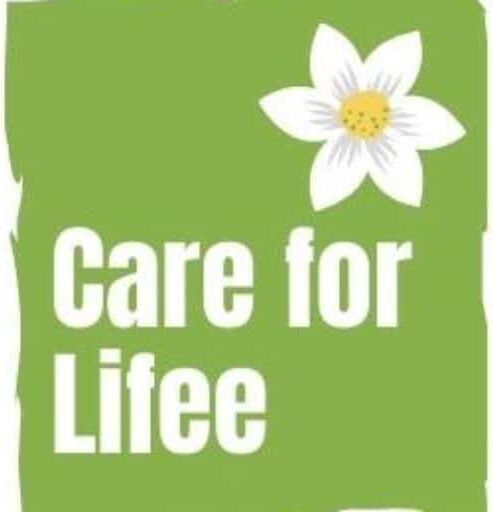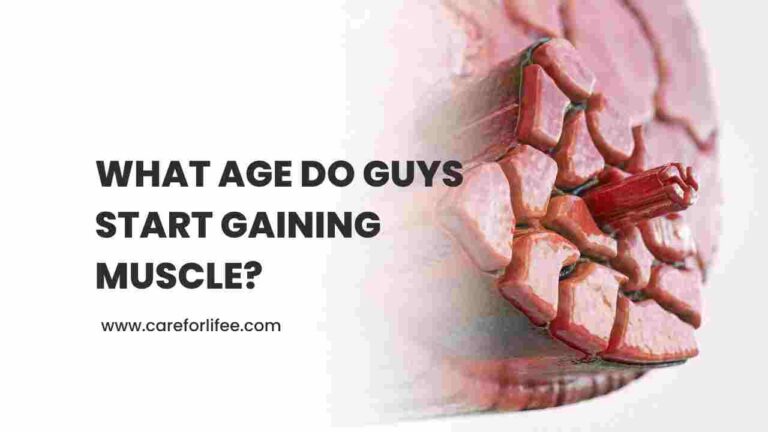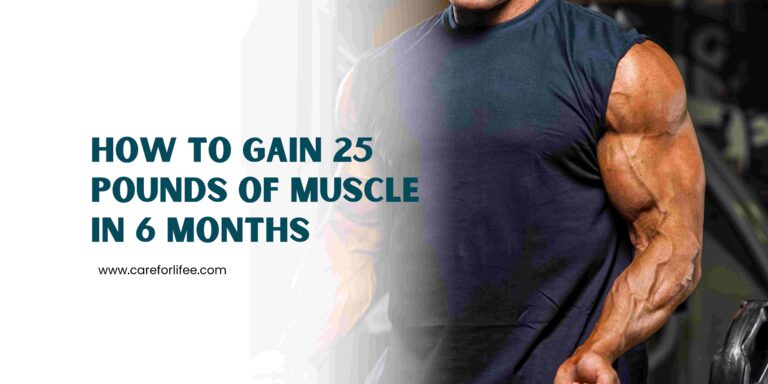Why Am I Losing Weight Instead of Gaining Muscle?
If you’ve been hitting the gym and watching your diet but are still losing weight instead of gaining muscle, you’re not alone. Let’s explore some common reasons behind this and what you can do to reverse it.
| Reasons | Solutions |
|---|---|
| Not Consuming Enough Calories | 1. Calculate your daily calorie needs and eat at a surplus. |
| 2. Focus on nutrient-dense, calorie-rich foods. | |
| 3. Track your daily calorie intake to ensure sufficiency. | |
| Inadequate Protein Intake | 1. Include protein-rich foods in your diet. |
| 2. Aim for at least 1 gram of protein per pound of body weight. | |
| Overtraining | 1. Incorporate rest days into your workout routine. |
| 2. Prioritize quality over quantity in your workouts. | |
| Not Enough Strength Training | 1. Include resistance exercises in your routine. |
| 2. Mix in weightlifting, bodyweight exercises, and resistance. | |
| Insufficient Hydration | 1. Drink enough water throughout the day, especially around workouts. |
| High-Stress Levels | 1. Practice stress-reduction techniques like meditation or yoga. |
| 2. Ensure adequate sleep and manage stress in daily life. | |
| Inconsistent Training and Diet | 1. Create a consistent workout schedule and stick to it. |
| 2. Follow a balanced diet with enough protein and calories. | |
| Medical Conditions | 1. Consult a healthcare professional to rule out underlying issues. |
Not Consuming Enough Calories
One of the primary reasons you might be losing weight instead of gaining muscle is insufficient calorie intake. Building muscle requires extra energy, and if you’re not eating enough, your body might start breaking down muscle tissue. Make sure you’re eating at a slight calorie surplus to support muscle growth.
Inadequate Protein Intake
Protein is crucial for muscle growth, and without enough of it, your body can’t repair and build muscle tissue effectively. Consume protein-rich foods like lean meats, fish, dairy, eggs, and plant-based sources like beans. Aim for at least 1 gram of protein per pound of body weight daily.
Overtraining
Exercise is essential, but overtraining can lead to muscle breakdown and weight loss. Ensure you have rest days in your routine and get enough sleep for proper muscle recovery.
Not Enough Strength Training
Cardio is good for overall health, but if you want to gain muscle, strength training is crucial. Cardio alone can lead to weight loss. Include resistance exercises like weightlifting, bodyweight exercises, and resistance bands to stimulate muscle growth.
Insufficient Hydration
Proper hydration is often overlooked but vital for muscle development. Water transports nutrients to your muscles and removes waste products. Dehydration can hinder muscle growth and lead to weight loss. Drink enough water throughout the day, especially around workouts.
High-Stress Levels
Chronic stress can lead to weight loss as it increases cortisol production, which breaks down muscle and stores fat. Incorporate stress-reduction techniques like meditation, yoga, or deep breathing exercises into your daily routine.
Inconsistent Training and Diet
Consistency is crucial for building muscle. Skipping workouts or having an inconsistent diet can hinder progress. Create a workout schedule and stick to it, and aim for balanced meals with sufficient protein and calories.
Medical Conditions
Sometimes, underlying medical conditions can affect muscle gain and lead to weight loss. If you’ve tried the above tips and are still struggling, consult a healthcare professional to rule out any medical issues.
In conclusion, if you’re losing weight instead of gaining muscle, consider factors like calorie intake, protein consumption, workout routine, and lifestyle. Adjusting these aspects can help you achieve your muscle-building goals. Remember that building muscle takes time and patience, so stay committed and make necessary adjustments.






